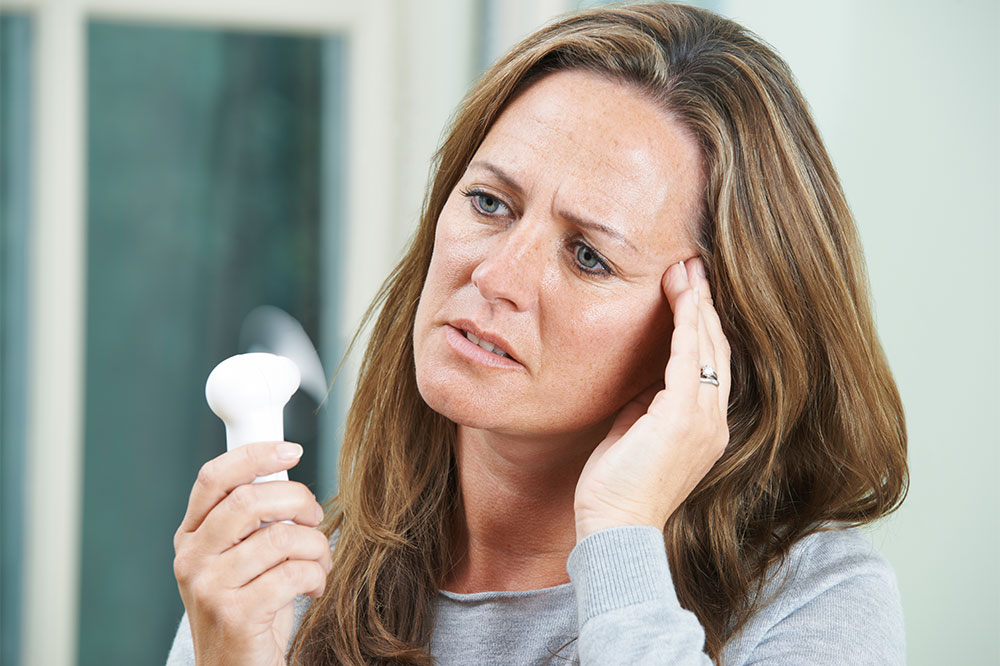3 simple tips to cope with menopausal mood swings
Most women experience menopause during their late 40s or early 50s when the ovaries stop producing eggs and two primary hormones, estrogen and progesterone. Menopause is confirmed after 12 consecutive months of no menstruation, and women experience several symptoms associated with hormonal changes during this time. Hot flashes, vaginal dryness, and mood swings are known to accompany menopause, along with disturbances in sleeping patterns.
Women can have a tough time coping with mood swings in particular, as there is no telling what might trigger them and when.

Manage stress and depression
Menopause brings about several changes in both the mind and body, which can result in higher stress levels. Also, during the pre- and post-menopausal years, women are more vulnerable to experiencing depression and depressive symptoms. These problems can also affect women who have never faced depression or had a history of psychological disorders. At such times, women can seek the help of a professional psychiatrist to identify and help manage clinical depression. Dealing with stress also includes finding the time and energy to take care of one’s own needs. It is crucial for women dealing with menopausal changes to take things slowly and easily, and they must avoid overthinking and overworking themselves.
Eat healthy and exercise regularly
Diet and exercise go hand in hand. One is not effective without the other, especially when dealing with the physical and mental changes associated with menopause. Studies have shown that women who eat more fresh produce and protein-rich foods like fish show fewer depressive symptoms than those who don’t eat healthy. In fact, the correlation between mood and food is not uncommon, as temptations and cravings are influenced by one’s thoughts. Also, one of the most basic benefits of exercise is the release of the happy hormones called endorphins. Endorphins boost mood and help one stay happy. Even moderate exercise done regularly releases enough hormones to manage pain triggers and boost overall wellbeing to manage mood swings associated with menopause.
Get enough sleep
After a long and exhausting day, one must rest for the requisite number of hours to ensure both physical and mental rejuvenation. Any compromise in sleep quality or quantity can lead to a chemical imbalance that triggers emotional responses. Mood swings occur more often in women who are sleep deprived. Also, insomnia is a common symptom of menopause, which is why it is imperative to get some shut-eye. To ensure this, eating a heavy dinner and caffeine consumption in the evenings are strict no-nos. Women should try to sleep and get up at fixed times so that the mind and body get used to the sleep routine. Changing things around in the bedroom to make it cozier and switching off electronic devices like phones, Wi-Fi router, and even the lights can help. A temperature-controlled dark room will induce better sleep.




